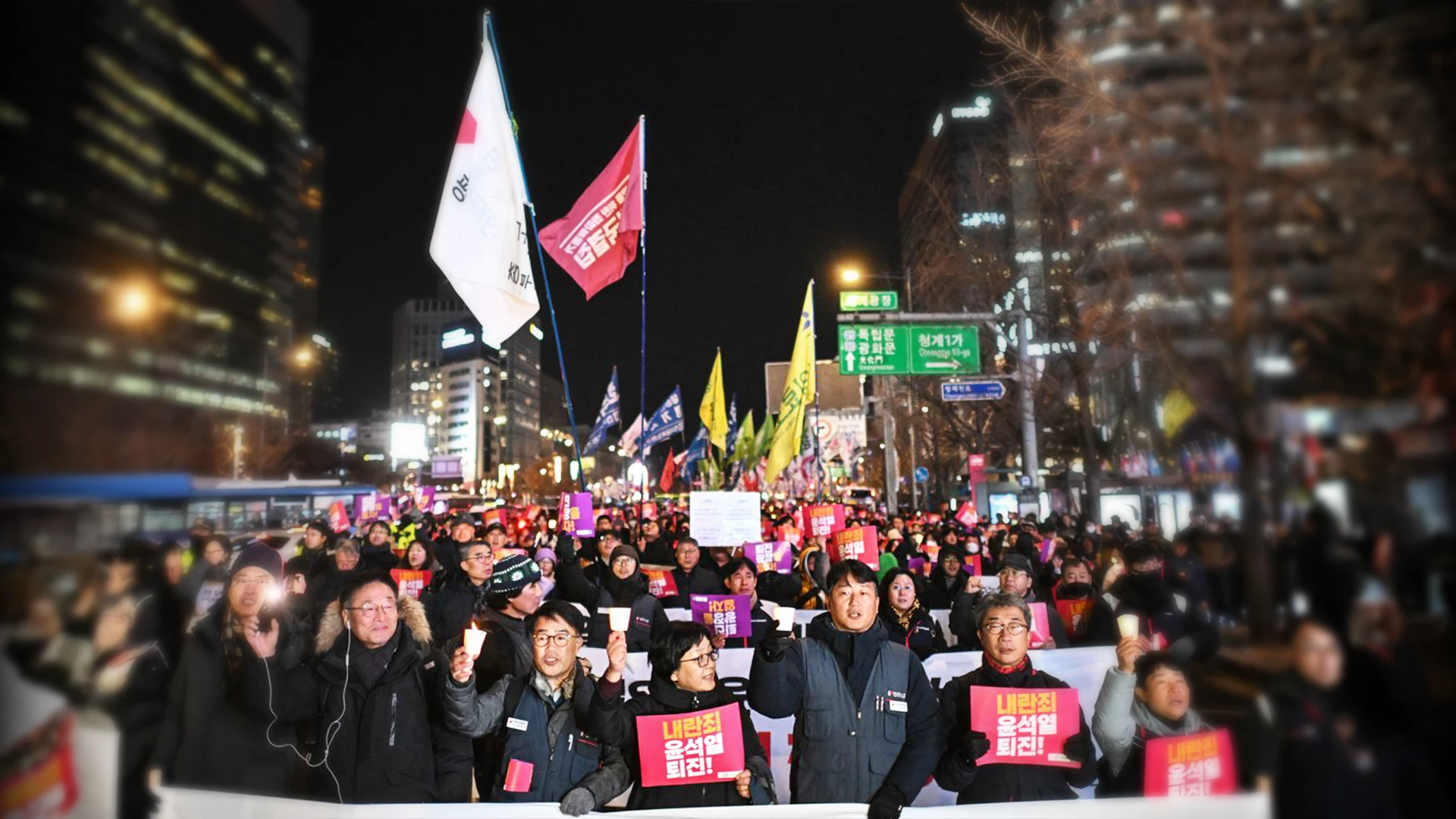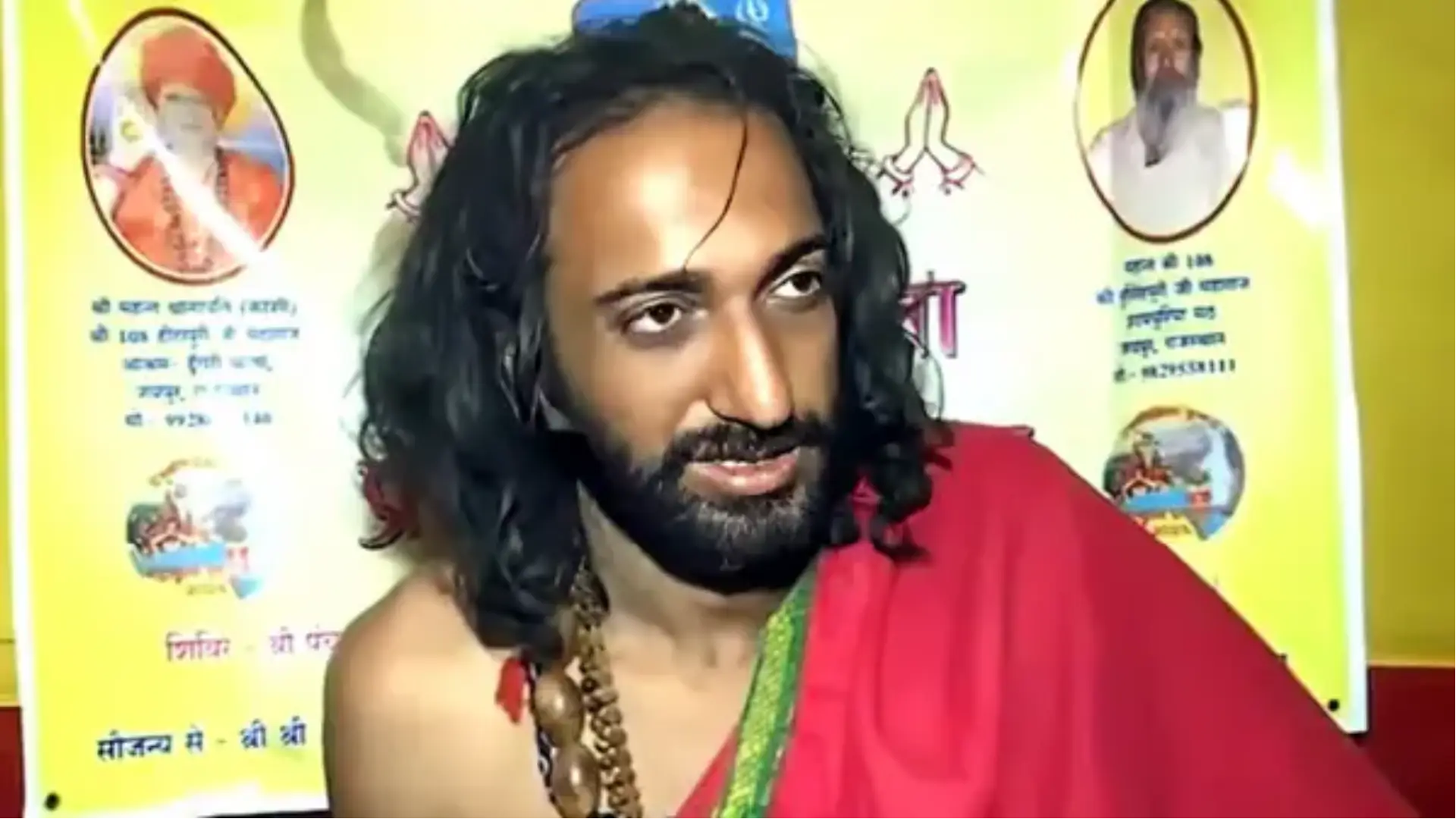
In an unprecedented move that has sent shockwaves across South Korea, President Yoon Suk Yeol declared martial law on December 3, 2024, the first such declaration since the country’s democratization in 1987. The decision, which placed military oversight over civil liberties and significantly curtailed freedoms of speech and assembly, has provoked an outpouring of public dissent and drawn swift condemnation from both political rivals and civil society groups. The move has not only deepened existing political divisions but has also led to serious questions about the stability of South Korea’s democratic system.
The National Assembly, where the opposition Democratic Party holds a majority, acted quickly to counter Yoon’s decree, voting unanimously to revoke martial law within hours of its announcement. This decisive action underscored the lack of legislative support for Yoon’s decision, reinforcing the perception that his administration’s grip on power is weakening. Critics, including prominent political analysts and human rights advocates, argue that the martial law declaration was a thinly veiled attempt by Yoon to consolidate power amid intensifying political and legal troubles, including investigations into his wife and several close associates.
Public trust in President Yoon had already been eroded, with approval ratings plummeting to alarming levels, as low as 17% in recent months. This plummet reflects a broader discontent with his administration’s handling of key domestic and international issues, including allegations of corruption, mismanagement, and perceived authoritarian tendencies. Many South Koreans view the martial law as a dangerous overreach, raising fears of the erosion of democratic principles that have defined the nation’s political landscape since the late 20th century.
While the lifting of martial law within 24 hours has calmed some immediate fears, the political fallout continues to unfold. Calls for Yoon’s resignation are growing louder, with opposition leaders asserting that the president’s actions were not only unconstitutional but a direct threat to the democratic process. Although the Democratic Party and its allies hold a majority in the legislature, they lack the supermajority required to impeach the president. This has created a complex political standoff, with the fate of President Yoon’s administration hanging in the balance.
The crisis is seen as a critical test for South Korea’s democratic institutions, as it pits the executive branch against a powerful, increasingly emboldened legislative assembly. The situation has also placed South Korean civil society at a crossroads, urging citizens to consider the future of their democratic rights and the potential risks posed by the concentration of executive power. The events of December 2024 have ignited a national debate on the importance of upholding democratic norms and protecting the freedoms that South Korea has fought to maintain since the end of junta rule decades ago.








